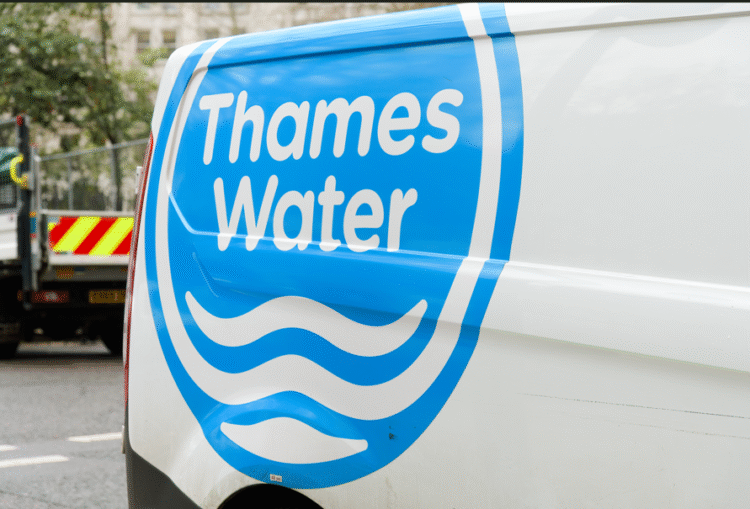Regulators have told Thames Water to pay a record £122.7 million fine after they uncovered failings in the provider’s wastewater operations and shareholder dividend payouts.
This is the first time that regulator Ofwat has used its new powers, and Natalie Knight-Wickens, corporate and commercial partner at law firm Spencer West, said it has “no doubt sent shivers down the spines of business owners, execs, advisers, and shareholders across the board”.
Ofwat said the company and its shareholders will pay a £104.5m penalty for rule breaches related to its wastewater operations, which is the largest penalty the regulator has ever issued. Thames Water and its investors will also pay an additional penalty of £18.2m for rule breaches related to dividend payments.
The regulator’s investigation revealed failings in how the company was managing its treatment works, and wider wastewater network, that amounted to a significant breach of the company’s legal obligations. These failings have also caused an “unacceptable impact on the environment and customers”, the regulator stated.
Ofwat said this is the first time it has used its powers to take enforcement action against a water company where their decision to make dividend payments does not properly reflect the company’s delivery performance for customers and the environment.
Knight-Wickens said: “The use of the new powers offered to Ofwat and other regulators, show that they are indeed not scared to use them where necessary. Understanding the meanings of ‘justified’ and ‘unjustified’ dividend payments should be at the top of everyone’s mind.”
She explained that a justified dividend is rooted in performance, distributable profits, and responsibility, while an unjustified one is when pay uts are made despite poor service and financial manipulation.
“In Thames Water’s case, the regulator highlighted a mismatch: dividends paid despite environmental violations, financial engineering of the numbers and a lack of service improvements.”
David Black, chief executive at Ofwat, said: “We are clear that dividends must be linked to performance for customers and the environment. We will not stand by when companies pay undeserved dividends to their shareholders.”
He said that while this is the first time the regulator has used these new powers, this action “sets the standard”.
“We will protect customers from water companies that seek to take money out of their businesses, where their performance does not merit it,” he added.
Knight-Wickens commented: “Be careful what your business rewards. Culture is shaped by incentives. And right now, companies must take a hard look at whether their success is being built on solid ground.
“You can’t fake performance and expect no one to notice. Capitalising costs, inflating reserves, and spinning the numbers might keep investors happy in the short term—but regulators are watching. And so are your customers.”
The Ofwat investigation looked at several dividend payments made by Thames Water. Investigators concluded that interim dividend payments totalling £37.5m, made in October 2023 to the water provider’s holding company Thames Water Utilities Holdings Limited, and further dividend payments amounting to £131.3m, made in March 2024, broke the rules.
No cash left Thames Water as a result of the March 2024 payment, but there was an extraction of value, which Ofwat said it will recover.
In addition to the penalty, through an adjustment to future price control, the regulator will ensure customers do not lose out. The company is now in “cash lock up”, so no further dividend payments can be paid by the company without obtaining approval from Ofwat.












